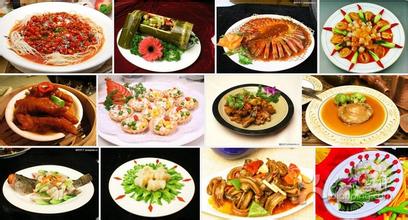Today, it seems a mission impossible to count up the number of varieties of Chinese food, or to divide the dishes into groups geographically, without raising any objections.
要在數量上統計中國菜的品種,在地域上毫無爭議地劃分菜系,在今天是一件幾乎不可能完成的事。
Besides food itself, there is something more important.
除了食材,更重要的是烹飪。
The control of heat, seasonings and knives.
火候的拿捏,佐料的配比刀工的精妙。
Too many secrets are there to be discovered in Chinese kitchens.
在中國的廚房里藏匿了太多的秘密。
This hut is where the Tashis dry their hand-made potteries, and also, the salted meat which is called Pipa Pork by the Tibetans.
札西家陰干陶器的小屋里懸掛著腌肉藏族人叫它琵琶肉。
They have been hung here for more than half a year.
它們已經在這里晾了大半年。

Fresh food is precious to the Tashis, so they process most of their food in such a way to preserve them as long as possible.
新鮮食材彌足珍貴許多食品都像這樣處理便于長期保存。
The lunch is for the neighbours.
午餐是為了搞勞鄰居們。
All the residence in Nixi grow highland barley, and when it is time for fertilization, they will help each other to save time.
尼西鄉的人們都要給青稞地施肥為了不錯過最佳時機各家互相幫忙。
Up till now, villagers here have stuck to the old customs, both of the method of cultivation and their lifestyle.
在今天他們的耕種方式,生活習慣依然保持著原樣。
Tashi is a potter specialized in making black potteries.
札西是個黑陶匠人盡管有些黑陶。
Some of the black potteries he made will be bought by the travelers, but it does not mean that they are handicraft.
會出售給外來的旅行者但它們并不是工藝品。
Instead, the black potteries here are the secret of the kitchens.
而是每家廚房的秘密所在。
People in Nishi are not against modern kitchenware, but they still prefer traditional Nixi black potteries Tashi's sister when they prepare rice, vegetables, soup and buttered tea.
雖然新的炊具已經進入尼西人的生活但平日蒸飯、燉菜、煮湯,打酥油茶(札西的姐姐)用的器具依然是尼西黑陶。












